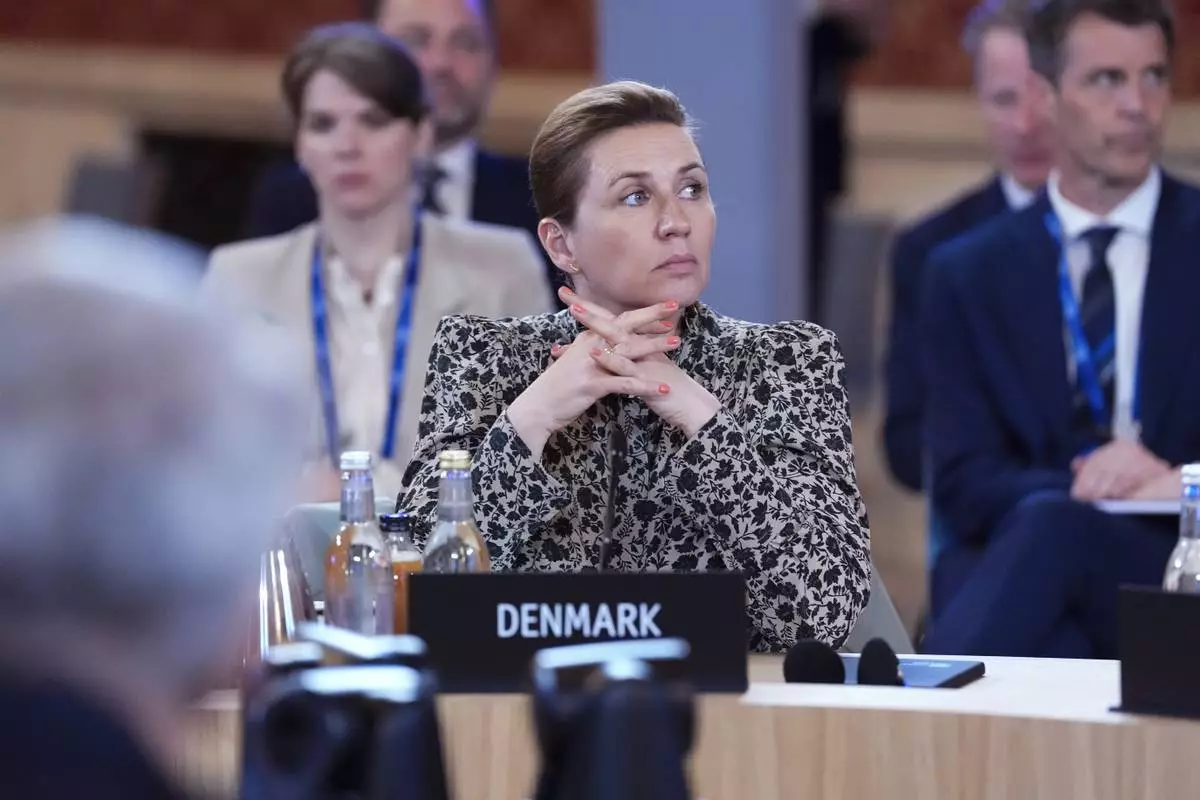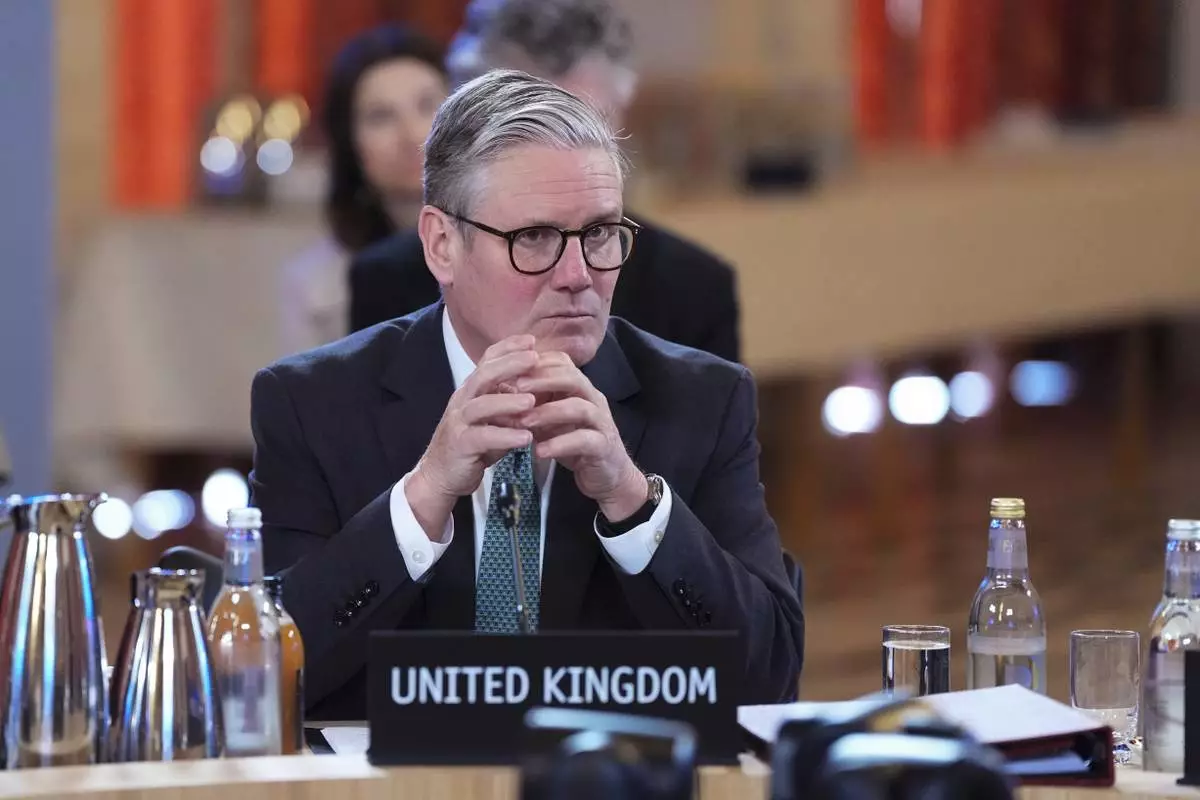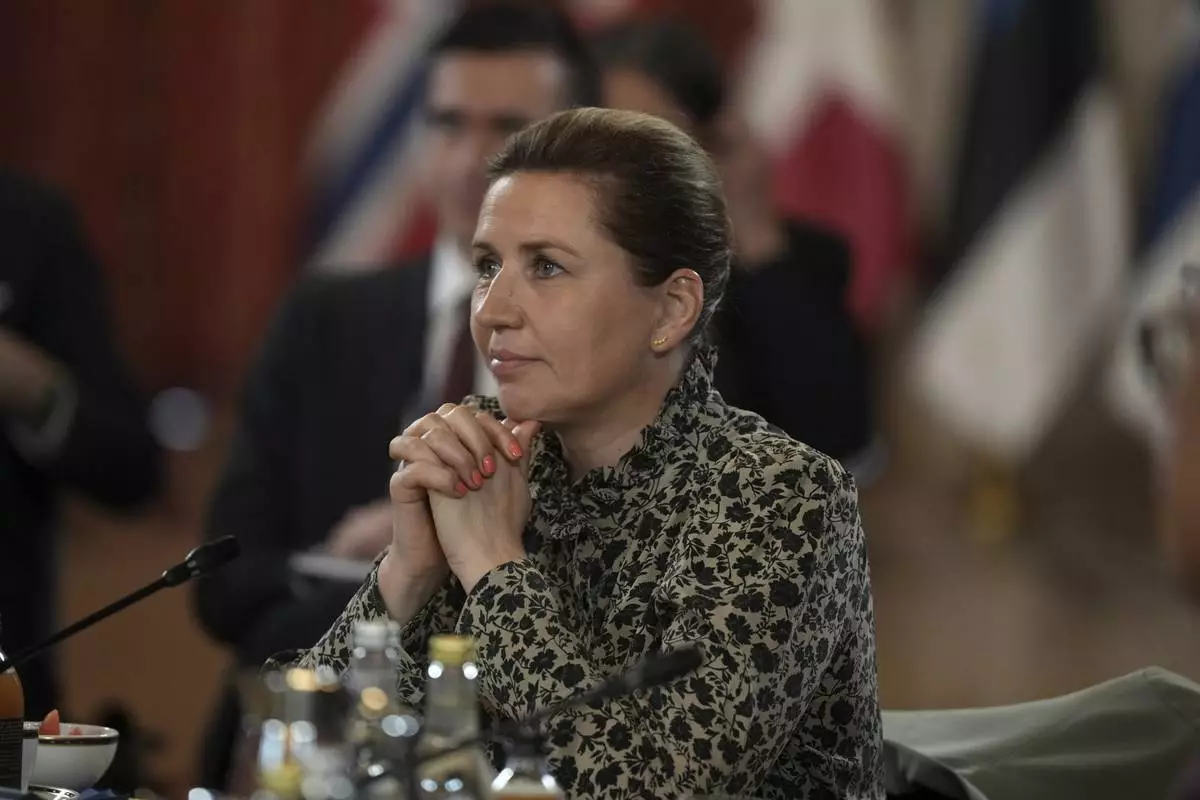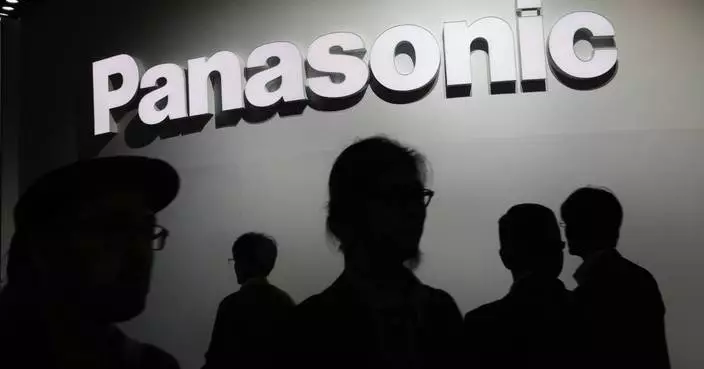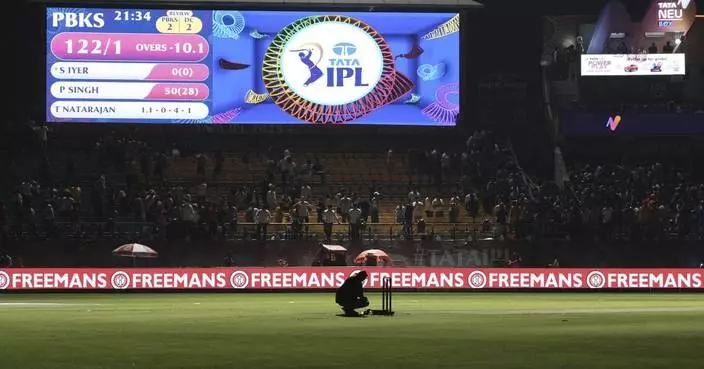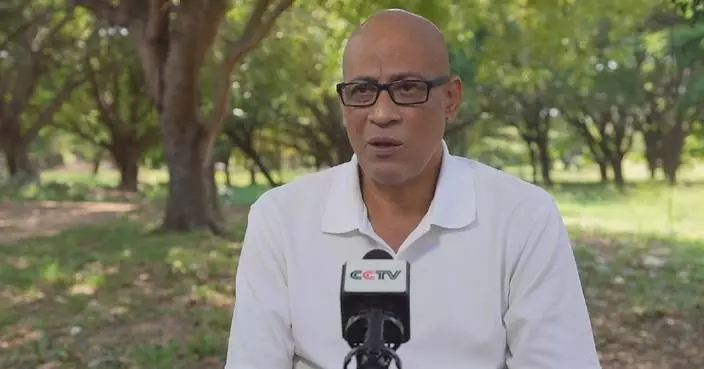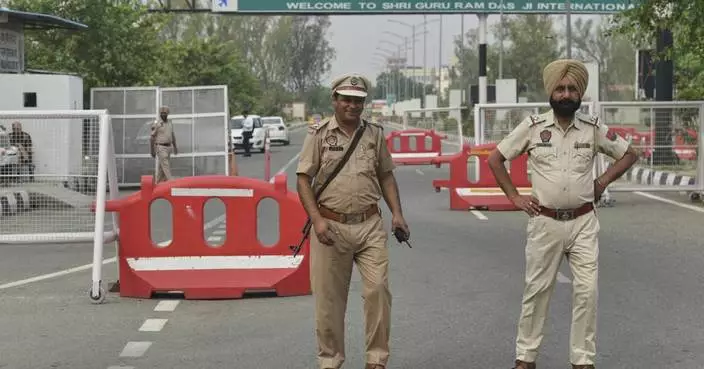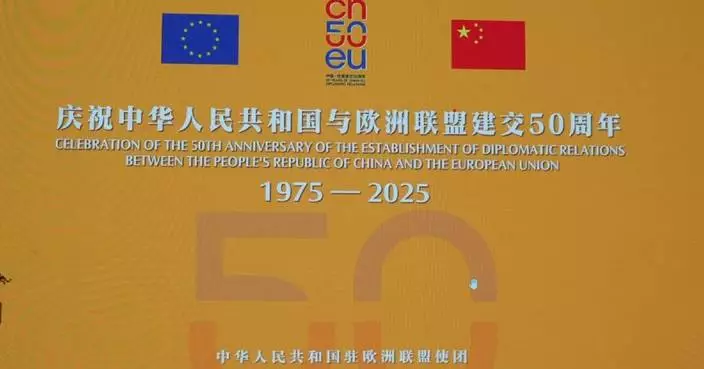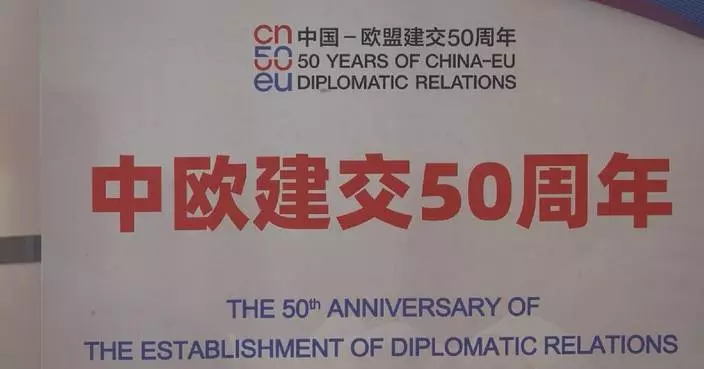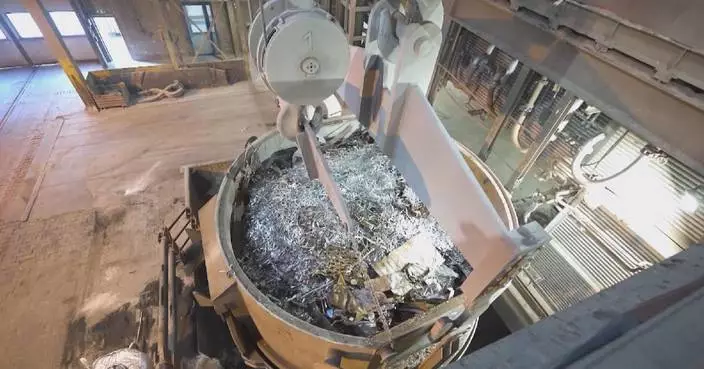LOS ANGELES--(BUSINESS WIRE)--Apr 1, 2025--
Researchers with City of Hope, one of the largest and most advanced cancer research and treatment organizations in the United States with its National Medical Center in Los Angeles ranked among the nation’s top 5 cancer centers by U.S. News & World Report, and MSK have created a tool that uses machine learning to assess a non-Hodgkin lymphoma (NHL) patient’s likely response to chimeric antigen receptor (CAR) T cell therapy before starting the treatment, according to study results published today in Nature Medicine.
This press release features multimedia. View the full release here: https://www.businesswire.com/news/home/20250401032189/en/
CAR T cell therapy is one of the most promising recent advances made in the fight against blood cancers. But more than half of NHL patients who do not respond to standard lines of treatment also relapse or progress within six months of CAR T therapy.
Known as InflaMix (Inflammation Mixture Model), the new tool was developed to assess inflammation, a potential cause of CAR T failure, by testing for a variety of blood biomarkers in 149 patients with NHL. With the help of machine learning, a type of artificial intelligence that uses algorithms to learn from sets of information and draw conclusions from patterns found in that data, the model was able to find an inflammatory biomarker from a series of unique blood tests not usually employed in standard clinical practice.
By analyzing the inflammatory signature that InflaMix identified, the researchers found it was associated with a high risk of CAR T treatment failing, including increased risk of death or disease relapse. InflaMix is an unsupervised model, meaning that it was trained without any knowledge of clinical outcomes.
“These studies demonstrate that by using machine learning and blood tests, we could develop a highly reliable tool that can help predict who will respond well to CAR T cell therapy,” said Marcel van den Brink, M.D., Ph.D. president of City of Hope Los Angeles and City of Hope National Medical Center, the Deana and Steve Campbell Chief Physician Executive Distinguished Chair in Honor of Alexandra Levine, M.D., and a senior author of the paper. “With a rigorous statistical approach, we demonstrated that this is one of the most thoroughly validated tests we have for predicting CAR T outcomes in lymphoma patients and could be used by oncologists everywhere to assess the risk of CAR T in an individual patient.”
According to the team, the machine learning model is very flexible and worked well even when they used only six available blood tests — all of which are typically evaluated for patients with lymphoma — to assess InflaMix’s capabilities with less data. Researchers said this is important because it means this test can be made available for most, if not all, patients with lymphoma.
“Prior studies had hinted that inflammation might be a risk factor for poor CAR T cell efficacy,” said medical oncologist Sandeep Raj, M.D., who specializes in bone marrow transplants at MSK and is lead author of the Nature Medicine paper. “Our goal was to refine this concept and build a robust and reliable clinical tool that characterizes inflammation in the blood and predicts CAR T outcomes.”
Studies of three independent cohorts comprising 688 patients with NHL who had a wide range of clinical characteristics and disease subtypes and used different CAR T products were also used to validate the team’s initial findings.
Next, City of Hope and MSK researchers plan to investigate whether blood inflammation defined by InflaMix directly influences CAR T cell function and learn more about the source of this inflammation.
“InflaMix could be used to reliably identify patients who are about to be treated with CAR T and are at high risk for the treatment not working,” said Dr. Van den Brink. “By identifying these patients, doctors may be able to design new clinical trials that can boost the effectiveness of CAR T with additional treatment strategies.”
City of Hope, a recognized leader in CAR T cell therapies for blood and other cancers, has treated more than 1,700 patients since its CAR T program started in the late 1990s. The institution continues to have one of the most comprehensive CAR T cell clinical research programs in the world — it currently has about 70 ongoing clinical trials using immune cell products, mostly CAR T, for blood cancers and 15 different solid tumor types. These products include City of Hope-developed therapies and industry-sponsored treatments.
The team’s studies were funded in part by the National Institutes of Health, the National Cancer Institute and an MSK Support Grant. The work was primarily done at MSK where Dr. Van den Brink worked for more than two decades before coming to City of Hope in 2024.
About City of Hope
City of Hope's mission is to make hope a reality for all touched by cancer and diabetes. Founded in 1913, City of Hope has grown into one of the largest and most advanced cancer research and treatment organizations in the U.S., and one of the leading research centers for diabetes and other life-threatening illnesses. City of Hope research has been the basis for numerous breakthrough cancer medicines, as well as human synthetic insulin and monoclonal antibodies. With an independent, National Cancer Institute-designated comprehensive cancer center that is ranked top 5 in the nation for cancer care by U.S. News & World Report at its core, City of Hope brings a uniquely integrated model that spans cancer care, research and development, academics and training, and a broad philanthropy program that powers its work. City of Hope’s growing national system includes its Los Angeles campus, a network of clinical care locations across Southern California, a new cancer center in Orange County, California, and cancer treatment centers and outpatient facilities in the Atlanta, Chicago and Phoenix areas. City of Hope’s affiliated group of organizations includes Translational Genomics Research Institute and AccessHop TM. For more information about City of Hope, follow us on Facebook, X, YouTube, Instagram and LinkedIn.


Marcel van den Brink M.D., Ph.D. president of City of Hope Los Angeles and City of Hope National Medical Center. Photo credit: City of Hope




